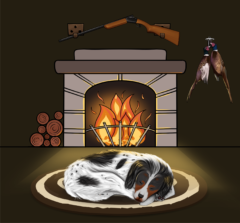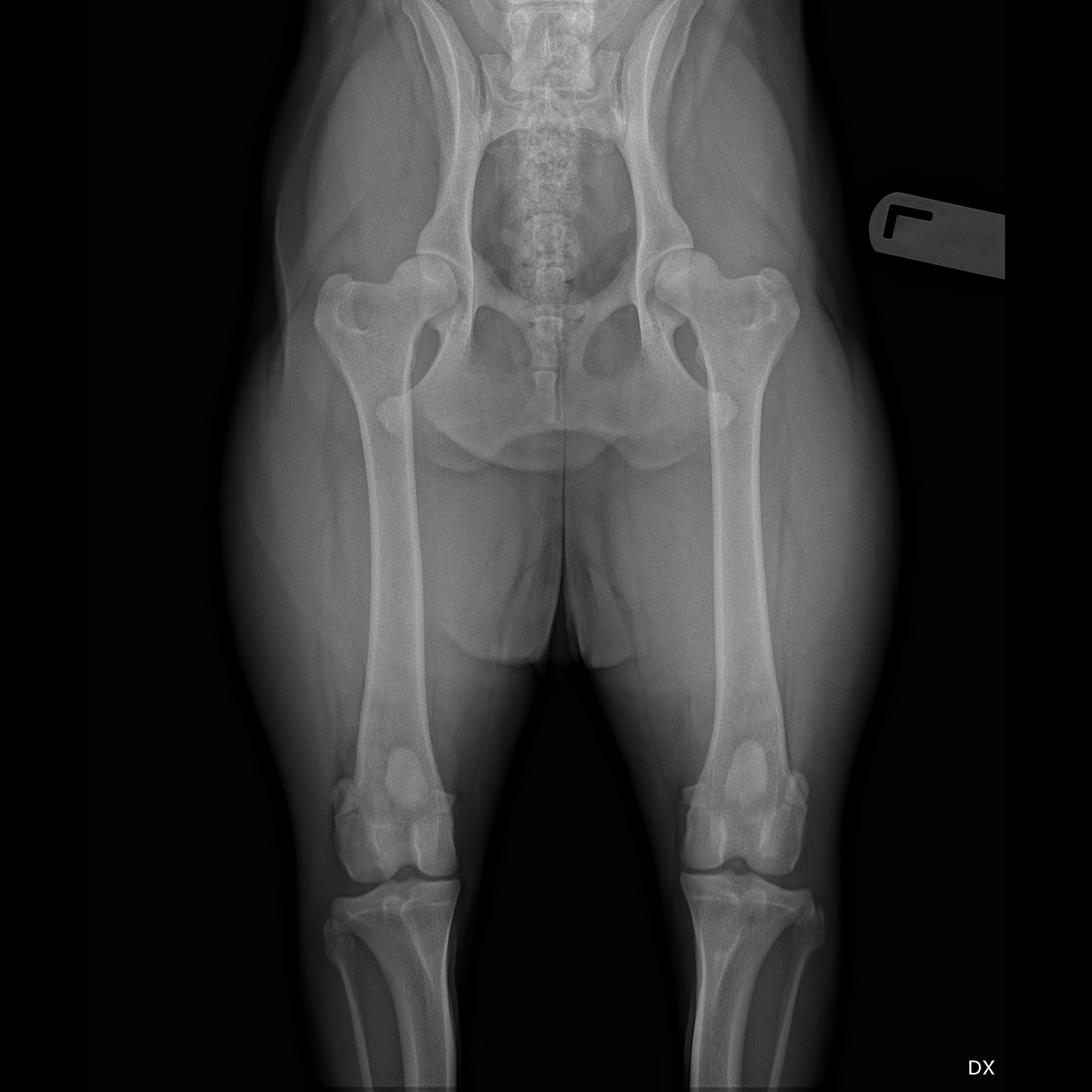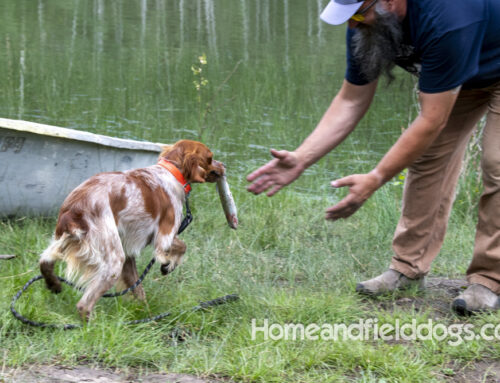-
Proper nutrition is the cornerstone of health and wellbeing for all living beings. For our canine companions, it plays a critical role in their skeletal development, particularly for breeds like the French Brittany dogs. This article will delve into the importance of essential nutrients such as calcium, vitamin D, protein, and how these contribute to proper bone growth and maintenance. We’ll also touch on the risks associated with over-exercising puppies and its link to hip dysplasia, offering practical advice on how to best support your puppy’s skeletal development.
Essential Nutrients for Bone Health
Healthy bone growth and maintenance in French Brittany dogs, like any other breed, require adequate intake of key nutrients. Calcium, a primary component of bones and teeth, plays a vital role in skeletal structure and strength1. Vitamin D facilitates calcium absorption in the body, ensuring that the calcium consumed through diet is effectively utilized2.
Protein, on the other hand, serves as the building blocks of body tissues, including bones. It provides the necessary amino acids for collagen production, a protein that forms the framework for bones3.
The Unique Needs of French Brittany Dogs
French Brittany dogs are energetic, agile, and known for their endurance. However, they are also prone to certain skeletal conditions, most notably hip dysplasia. Genetics can play a significant role in this; however, diet and exercise are equally important factors4.
These dogs require a balanced diet rich in essential nutrients from a young age. Overfeeding or providing an imbalanced diet, particularly one high in calories and calcium, can lead to rapid growth and increased risk of skeletal issues, including hip dysplasia5.
The Danger of Over-Exercising Young Puppies
Over-exercising young puppies can have disastrous effects on their skeletal development. Young dogs, whose growth plates haven’t closed, are particularly vulnerable to injuries that can lead to long-term issues like hip dysplasia6.
A study found that puppies who engaged in high-impact activities were more likely to develop hip dysplasia7. Over-exercising can also lead to acute and chronic injuries, causing pain and potentially impacting the dog’s quality of life.
Supporting Your Puppy’s Skeletal Development
Ensuring your French Brittany puppy’s skeletal health involves a balanced diet, appropriate exercise, and adequate rest.
- Balanced Diet: Consult with a veterinarian to create a nutrition plan that provides all the essential nutrients in the right proportions. This often includes high-quality commercial dog food designed for puppies of their breed and size.
- Appropriate Exercise: Engage your puppy in low-impact exercises like swimming or walking. Avoid activities that involve jumping or running on hard surfaces until they’re fully grown.
- Adequate Rest: Ensure your puppy gets plenty of sleep. Rest is when most growth occurs, and it helps prevent injuries from over-exertion.
In conclusion, proper nutrition and care can significantly influence the skeletal development and overall health of your French Brittany dog. By understanding their unique needs and providing them with the necessary support, you can help them grow into strong and healthy adults.
Footnotes
-
Orthopedic Foundation for Animals (OFA) – Hip Dysplasia Statistics ↩
-
Journal of Animal Physiology and Animal Nutrition – Diet, Exercise, and Weight as Risk Factors in Hip Dysplasia and Elbow Arthrosis in Labrador Retrievers ↩
-
Journal of the American Veterinary Medical Association – Risk factors for hip dysplasia in dogs ↩
-
PLOS ONE – Environmental risk factors for canine hip dysplasia ↩
The Crucial Role of Nutrition in Skeletal Development: A Focus on French Brittany Dogs
Clear chat






Leave A Comment